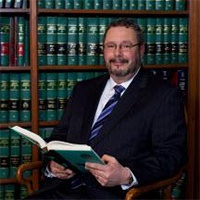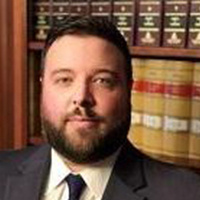Pine Meadow Criminal Lawyer, Connecticut
Sponsored Law Firm
-
 x
x

Click For More Info:
-
Andrew M Amendola, Attorney at Law
591 Thompson Avenue East Haven, CT 06512» view mapAccident & Injury, Criminal, Estate, Real Estate Where Every Client Matters
Let Andrew M Amendola, Attorney at Law handle all your legal needs today@
800-942-4780
Steven Howard Levy
✓ VERIFIEDDivorce & Family Law, Criminal, Personal Injury, Wills & Probate, Real Estate
Attorney Levy earned his B.A. from the State University of New York at Buffalo, and his J.D. from Antioch School of Law. He was admitted to the Connec... (more)
Robert A Salerno
✓ VERIFIEDCriminal, Workers' Compensation, Personal Injury, Divorce & Family Law, Wills & Probate
Robert A. Salerno attended Law School and received a B.S. from High Point University in 2005 and his Juris Doctor in 2009 from Touro Law Center. He wa... (more)
Maureen Elizabeth Donahue
Estate, Divorce & Family Law, Criminal, Personal Injury, Child Custody
Status: In Good Standing
William A. Conti
Accident & Injury, Criminal, DUI-DWI, Divorce & Family Law
Status: In Good Standing Licensed: 51 Years
William Achille Conti
Federal Appellate Practice, Workers' Compensation, Divorce & Family Law, Criminal, Divorce
Status: In Good Standing
Noah Jon Kores
Workers' Compensation, Criminal, Trade Associations, Personal Injury
Status: In Good Standing Licensed: 14 Years
Sheila M Prats
Military & Veterans Appeals, Litigation, Criminal, Personal Injury
Status: In Good Standing Licensed: 37 Years
 Andrew Amendola East Haven, CT
Andrew Amendola East Haven, CT AboutAndrew M Amendola, Attorney at Law
AboutAndrew M Amendola, Attorney at Law


